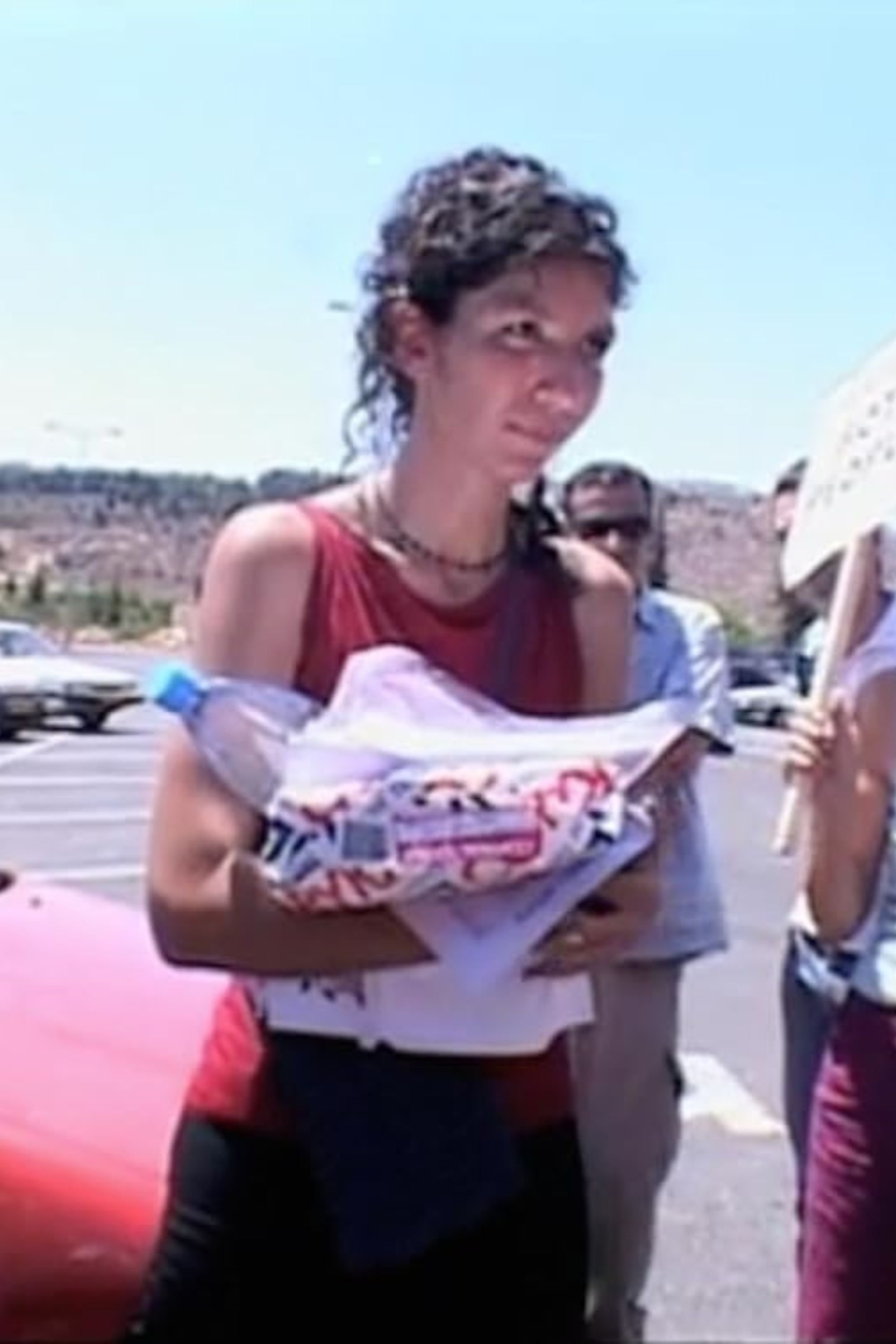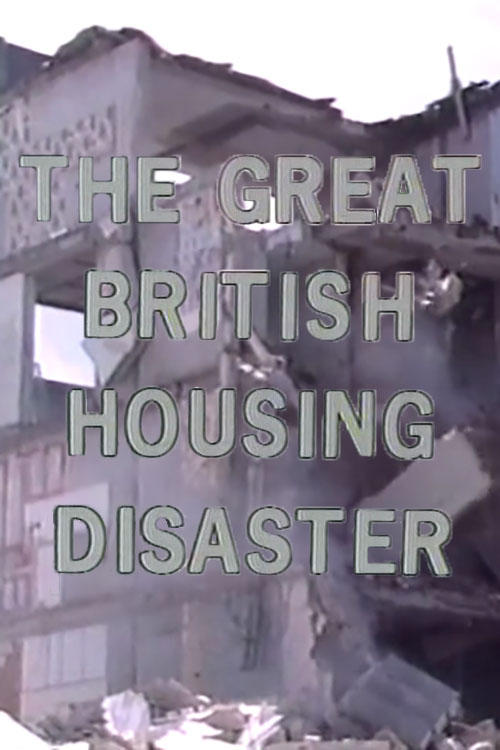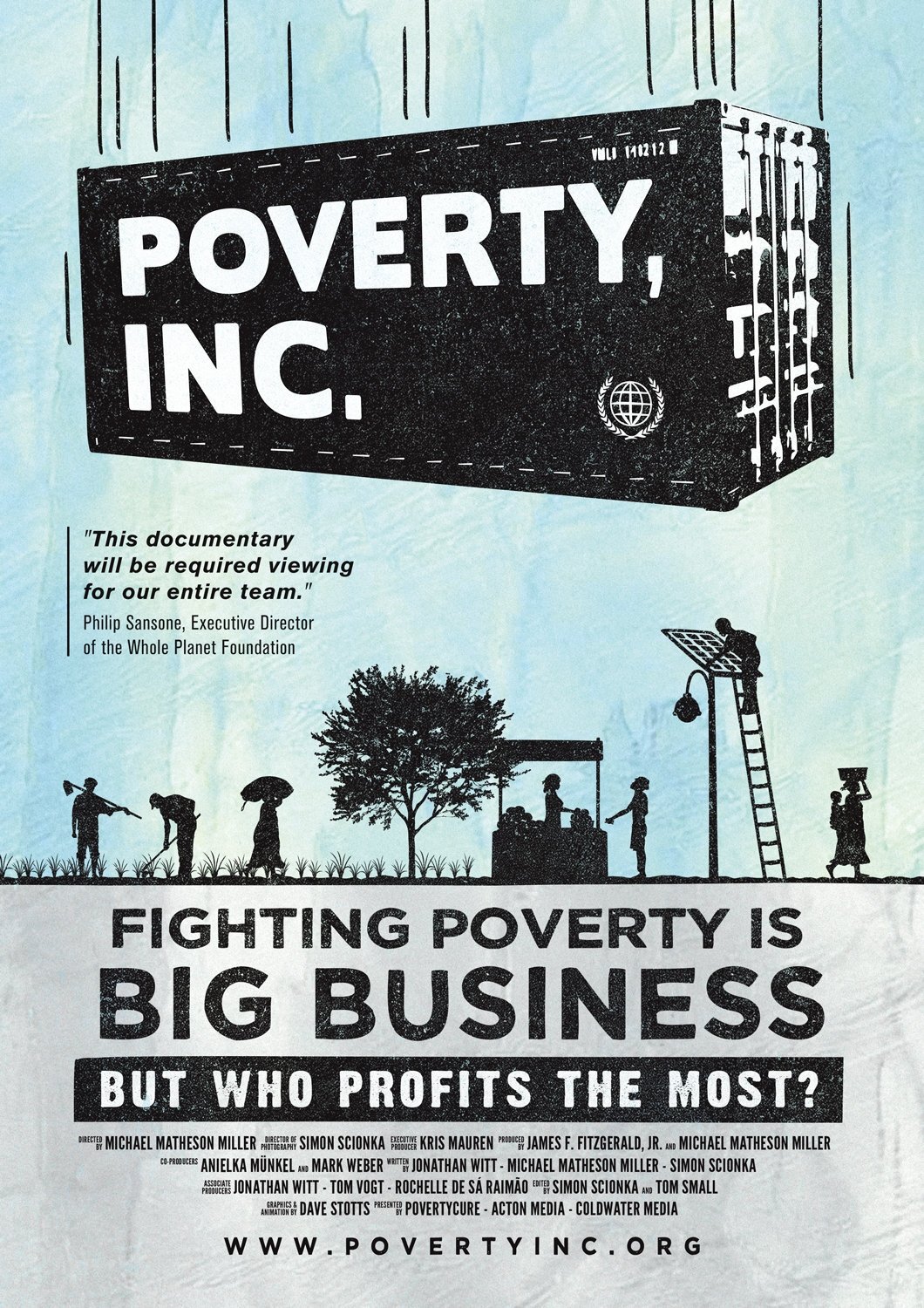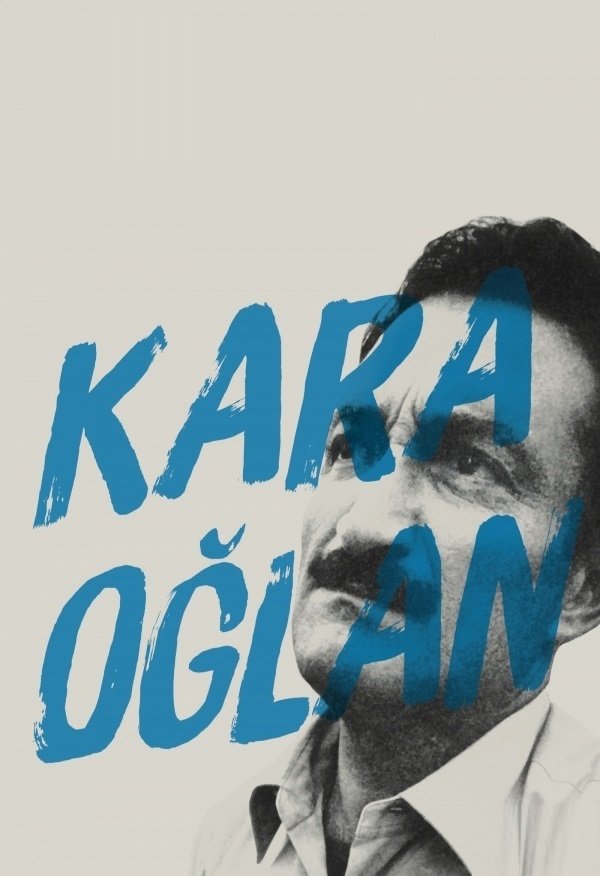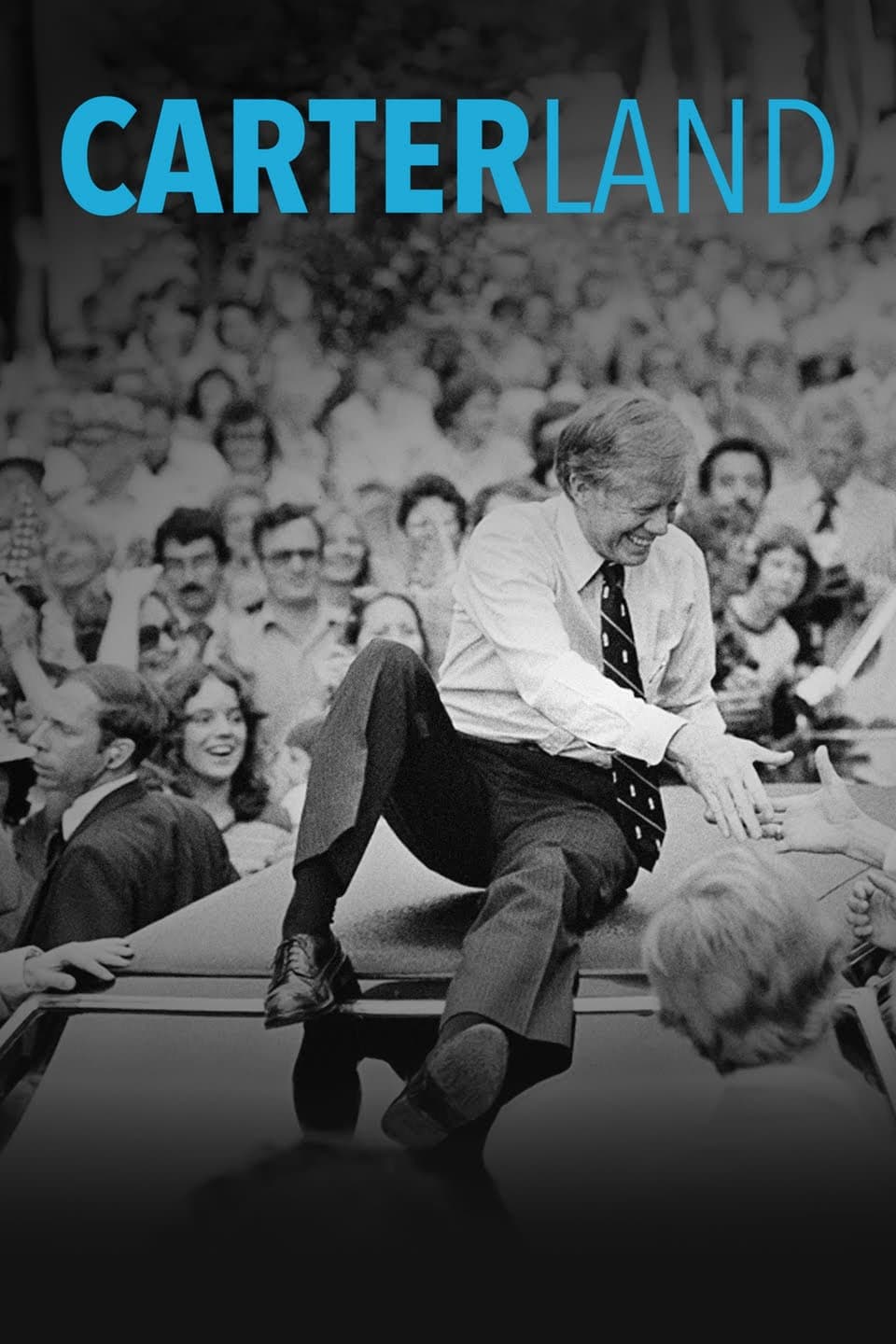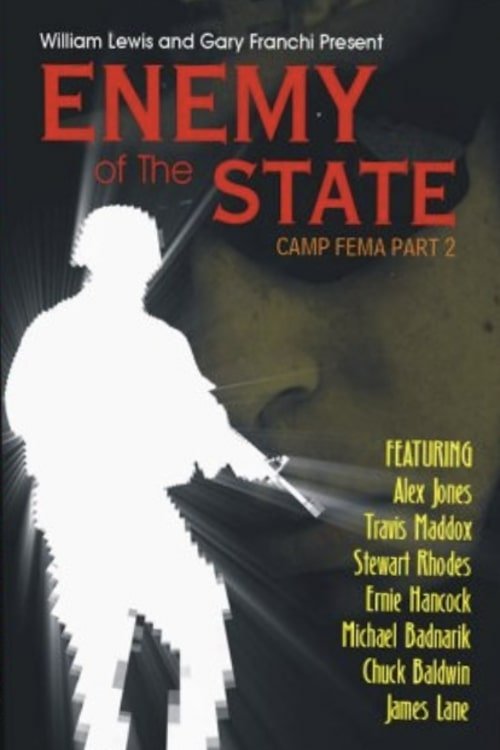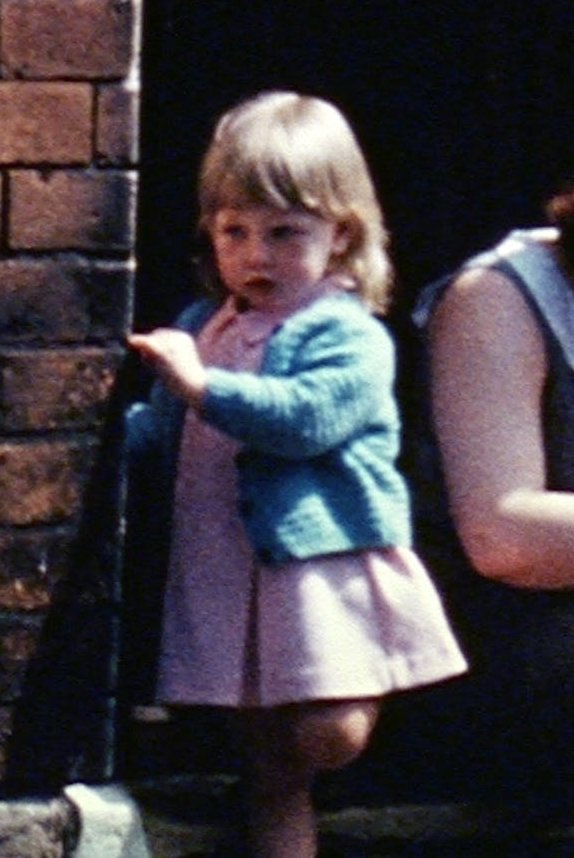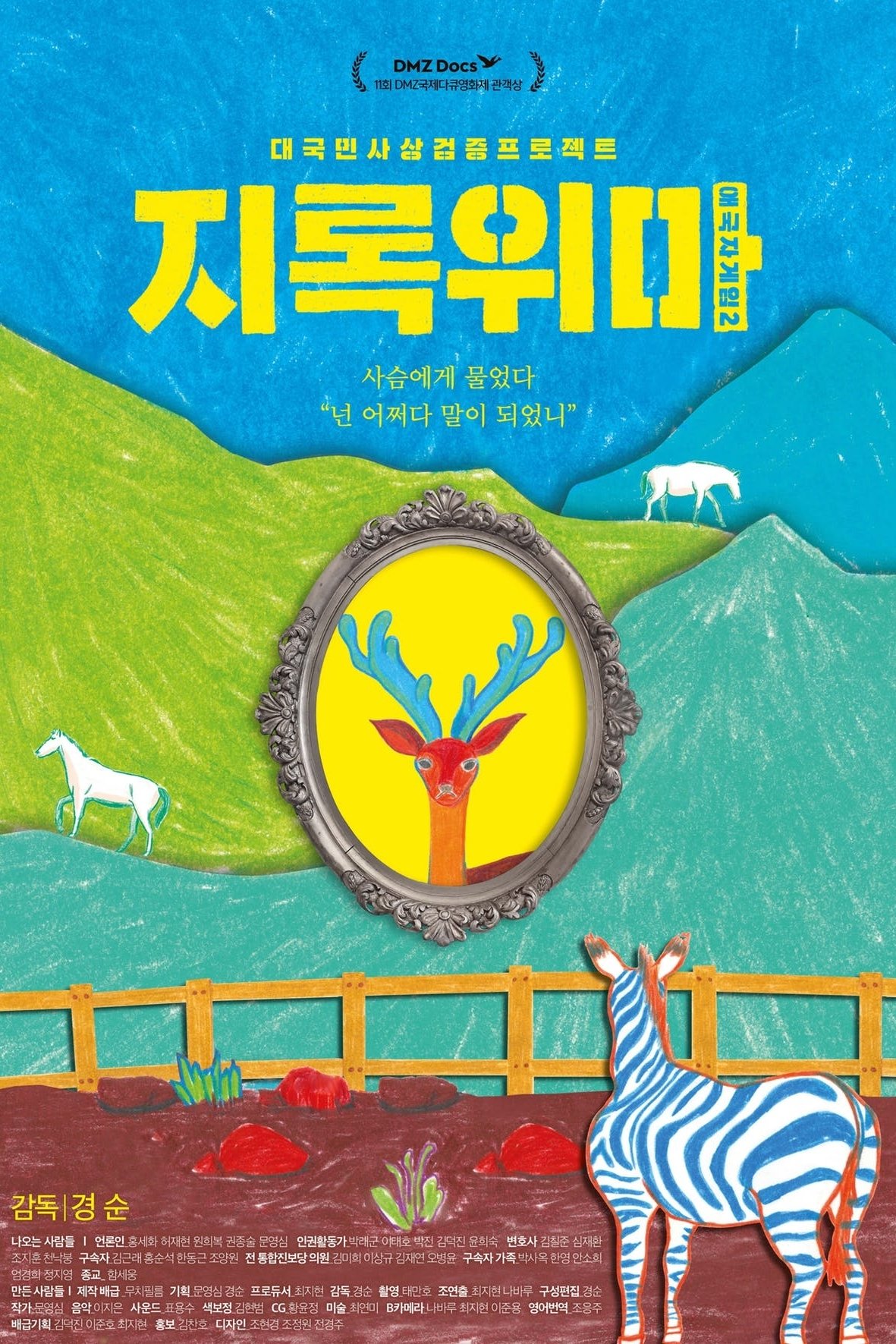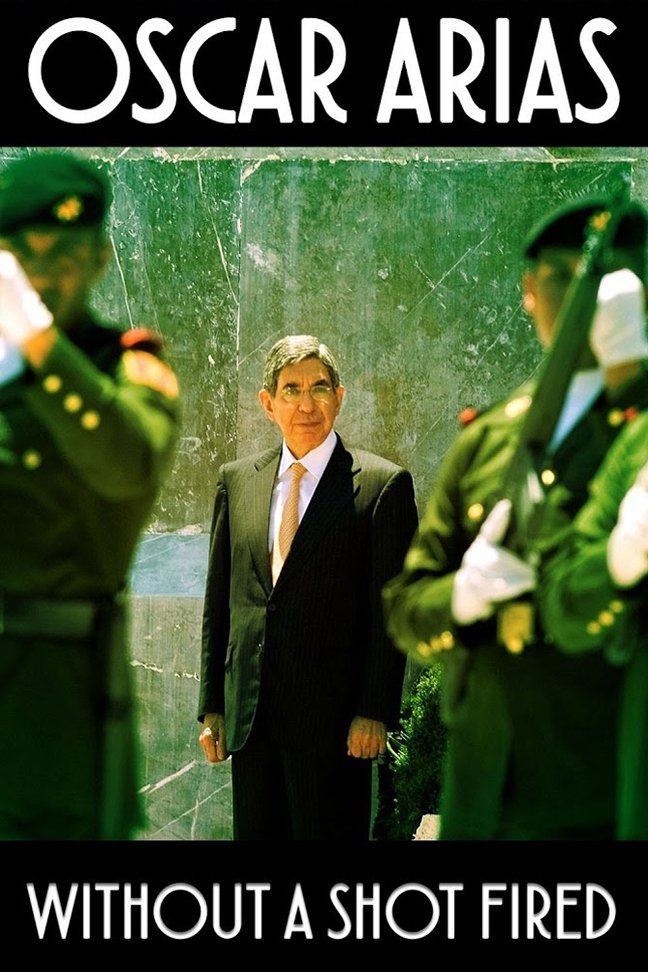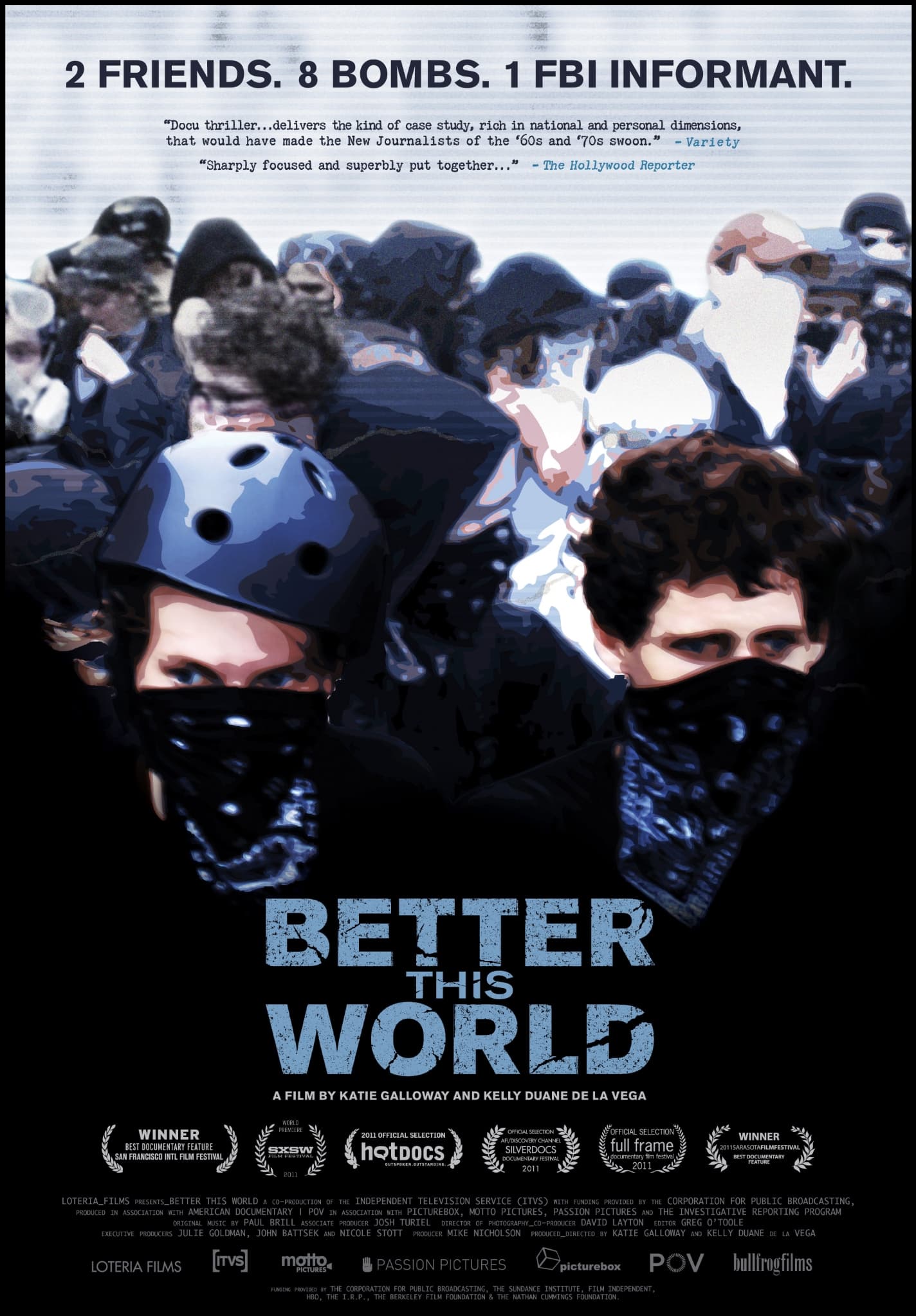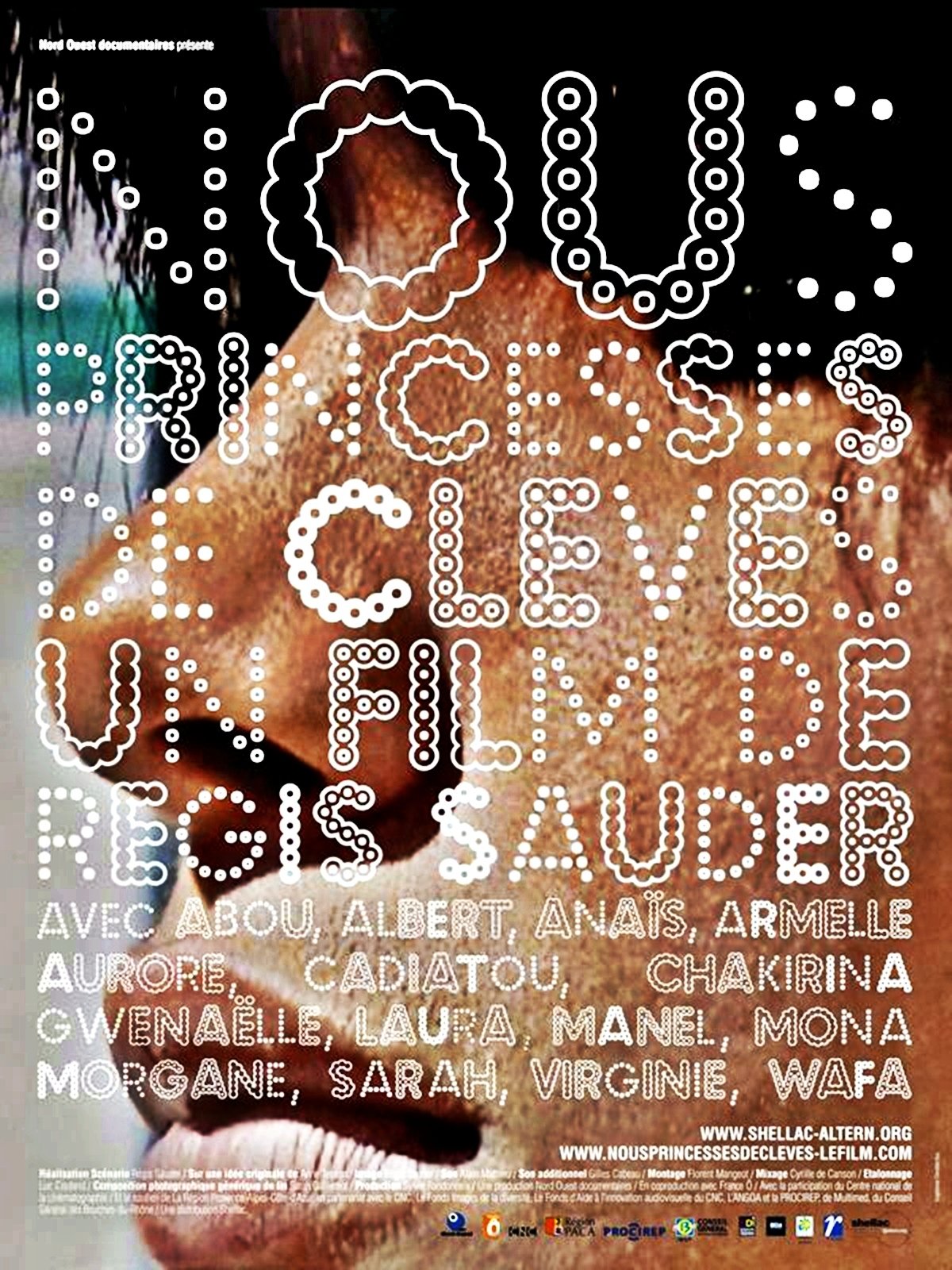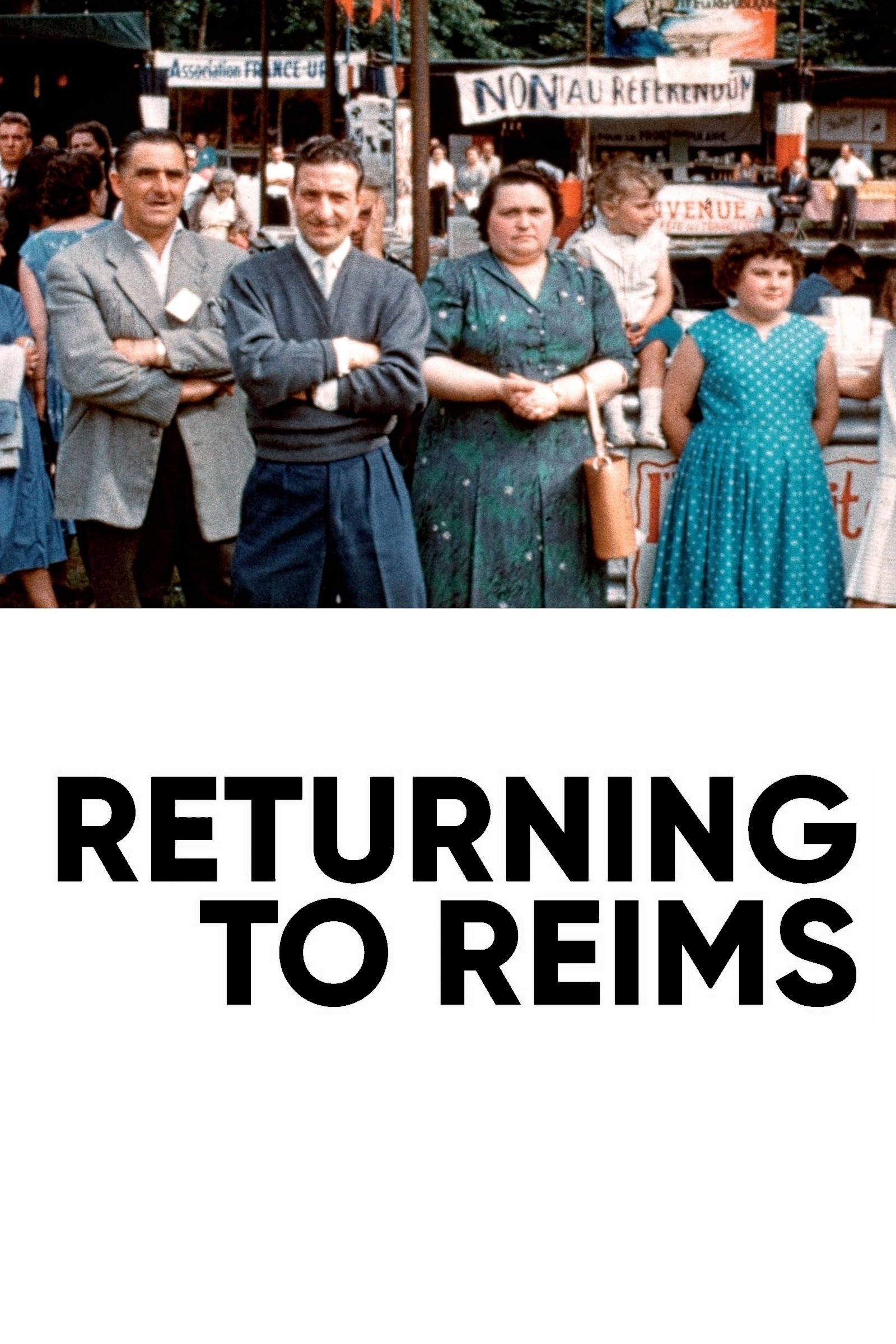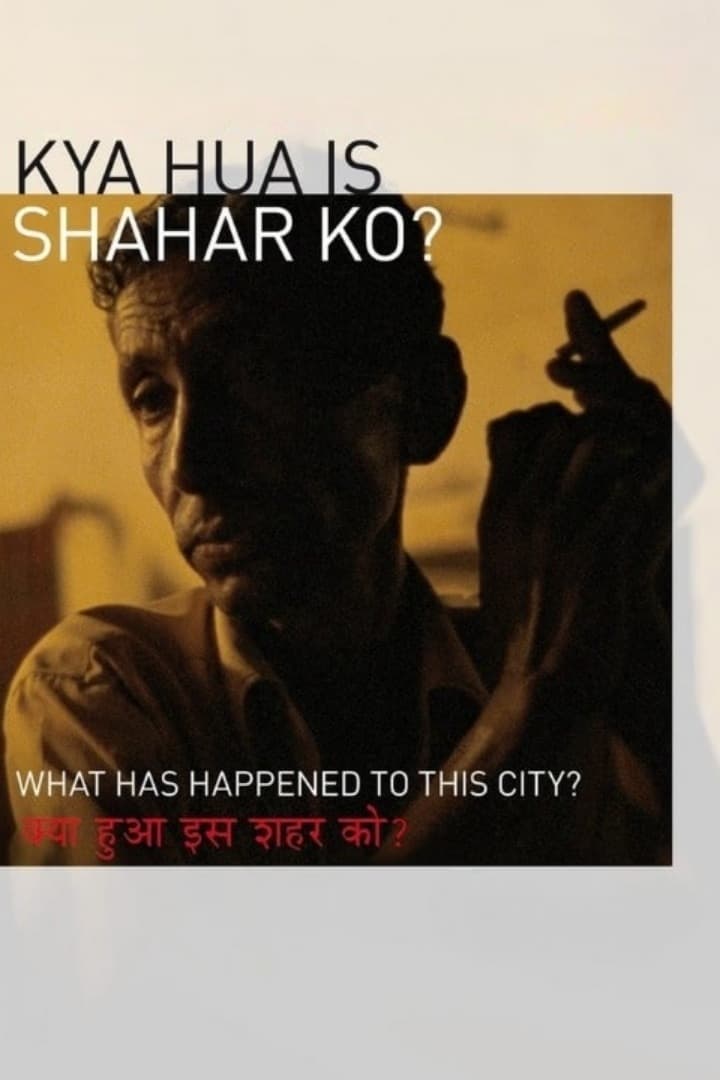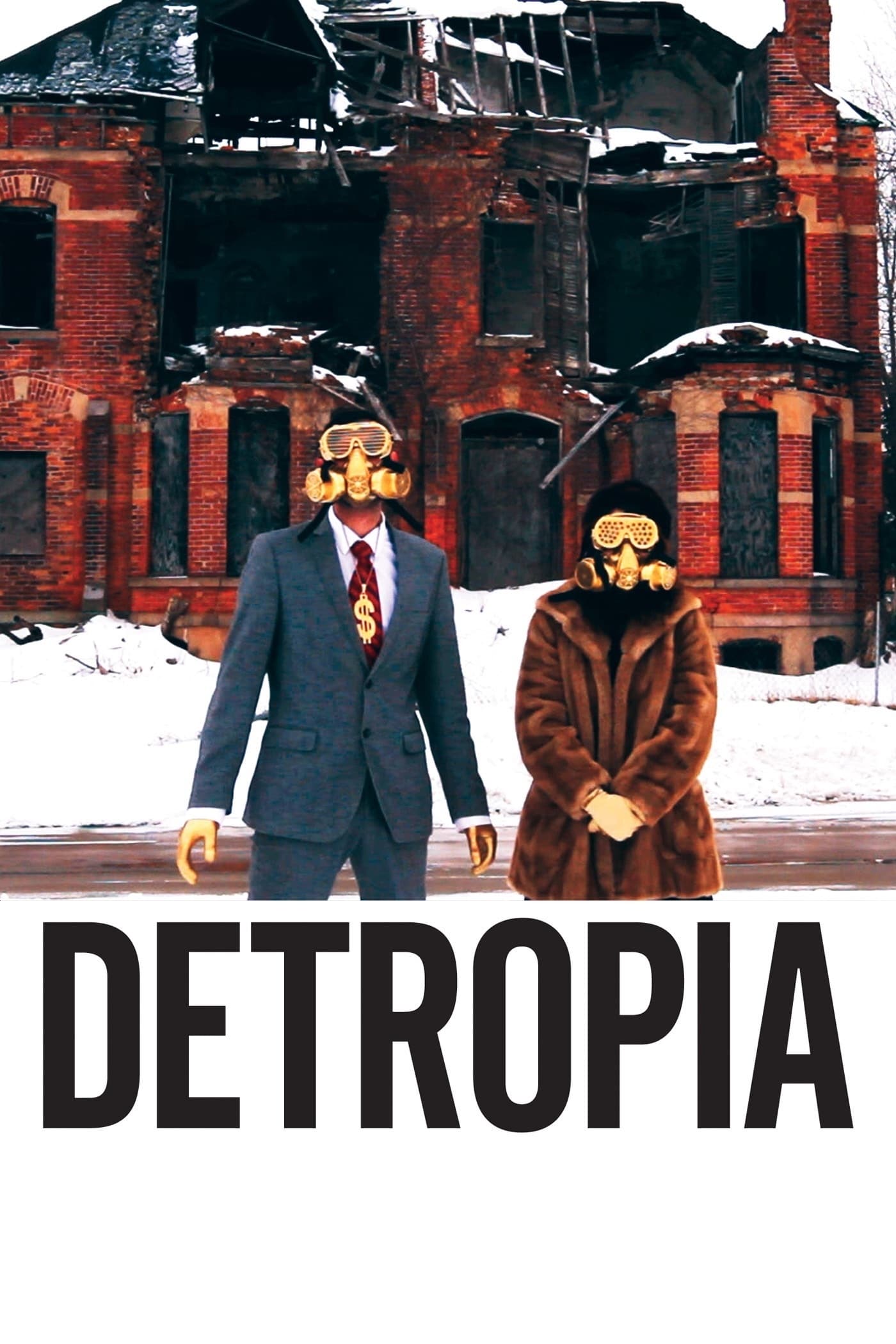
The Way the Eagle Shits (1975)
Overview
Al Levin examines the system which functions to keep the working class in the United States oppressed.
Production Companies
Additional Info
| Budget | $0.00 |
|---|---|
| Revenue | $0.00 |
| Original Language | en |
| Popularity | 0.143 |
Directed By
TOP CAST
Al Levin
Narrator
Similar Movies
Forbidden to Wander
Forbidden to Wander chronicles the experiences of a 25-year-old Arab American woman traveling on her own in the occupied territories of the West Bank and Gaza Strip during the summer of 2002. The film is a reflection on the complexity of Palestinian existence and the torturously disturbing "ordinariness" of living under constant curfew. The film's title reflects this, as the Arabic words used to describe the imposed curfew "mane' tajawwul" literally translate as "forbidden to wander". The video is also the journey of personal discovery for the filmmaker, the wanderer who falls in love with a Palestinian man in Gaza.
Pauline Hanson: Please Explain!
Director Anna Broinowski explores how Pauline Hanson's speech in 1996 and the decades of debate that followed has influenced Australia today; the impact of her political career on modern multicultural Australia, and the people who have helped her transition from local fish shop owner to Member for Oxley. Featuring many of Hanson's critics, opponents, advisors and commentators, from former Prime Minister John Howard, to current members of the media, including Margo Kingston and Alan Jones; and leading Indigenous commentator, Professor Marcia Langton.
Inquiry: The Great British Housing Disaster
David Jones investigates how 1960s council housing came to be built so poorly that thousands later needed to be demolished.
Poverty, Inc.
Poverty, Inc. explores the hidden side of doing good. From disaster relief to TOMs Shoes, from adoptions to agricultural subsidies, Poverty, Inc. follows the butterfly effect of our most well-intentioned efforts and pulls back the curtain on the poverty industrial complex - the multi-billion dollar market of NGOs, multilateral agencies, and for-profit aid contractors. Are we catalyzing development or are we propagating a system in which the poor stay poor while the rich get hipper?
Rotterdam 2040
Rotterdam 2040 is a film about the city’s future, departing from the principle of Gyz La Rivière that you can’t look ahead without considering your past (something that hasn’t always been Rotterdam’s strongest feature). At high speed, La Rivière reconstructs the history of Rotterdam from the time before the bombings until now, and expands the developments to the year 2040 (100 years after the bombing and the 700th anniversary of the city). La Rivière made a specific choice to expose his personal vision, which is sometimes radical or a little absurd. So no experts and no talking heads, but an assault of old and new imagery, held together by La Rivière as the narrator of the film. Although Rotterdam 2040 deals with architecture and urban renewal, it is actually a film about people. The subjective experience of the city by its (future) occupants mainly determines the parade of architectural blunders and suggestions for the future. All tongue-in-cheek of course.
Carterland
In their feature film debut, CARTERLAND, the Pattiz Brothers examine the tragic, yet inspiring story of America's most misunderstood president. While leading the nation through a series of unprecedented crises, Jimmy Carter also confronted climate change and championed social justice at home and abroad. This groundbreaking film draws on archival footage, experts, and insiders to reveal how Carter's selfless leadership and moral integrity ultimately cost him the presidency.
Enemy of The State: Camp FEMA Part 2
Panics, orchestrated crises, media hype and propaganda have been used in the name of “protecting the people” for generations. CNN, the Southern Poverty Law Center and other media outlets air special reports and name call anyone who questions the government as conspiracy theorists in an effort to suppress information. Yet, with the de-classification of decades-old documents, it can be found that many of these “conspiracy theories” are not so theoretical after all. This film takes a look at the government and media manipulation of an unwitting public, and plans that have been laid out through legislation, Executive Orders and Presidential Directives that pave the way for the elimination of many, if not all, of our most basic rights. Enemy of The State: Camp FEMA Part 2 thrashes out the mission of a police state and the implementation of martial law.
The Changing Face Of Salford Collection
Between 1968 and 1970, J M Goodger, a lecturer at the University of Salford, made a film record of the living conditions in the slums of Ordsall, Salford, which were then in the process of being demolished. Under the title 'The Changing face of Salford', the film was in two parts: 'Life in the slums' and 'Bloody slums'.
Blood and Water
When the 2004 tsunami hit the coast of Sri Lanka, 65-year-old Anton Ambrose's wife and daughter were killed. "In five minutes," he says, "I lost everything." A year later, Anton returns to Sri Lanka. With him is his nephew, award-winning filmmaker Rohan Fernando. A Tamil, Anton moved to California in the 1970s and became a very successful gynecologist. His daughter, Orlantha, made the opposite journey, returning to Sri Lanka where she ran a non-profit group that gave underprivileged children free violin lessons. Blood and Water is the story of one man's search for meaning in the face of overwhelming loss, but it is also filled with improbable characters, unintentional comedy and situational ironies.
Oscar Arias: Without a Shot Fired
This is the story of a tiny country that made a decision to do something that no other country had ever done -- it decided to abolish its army and declare peace to the world. And this is the story of a young boy who grew up in that country, and how he ended up challenging -- and sometimes even convincing -- the greatest powers in the world to follow Costa Rica's example. "Oscar Arias: Without a Shot Fired" is a Don Quixote-like saga with great historical touchstones -- Ronald Reagan and Mikhail Gorbachev, Cold War politics and Communism, Central American War and Peace. It follows a slight, academic, and most unlikely hero over the course of more than fifty years, as he travels the world in a quest to stop the spread of the weapons of war. In the end, it is a story about the triumph of reason, of the sparrow triumphing over the eagle, and how the impossible dream can sometimes come true.
Better This World
Set amid arrests and subsequent trials surrounding the 2008 Republican National Convention, this portrait of two young activists caught in the web of an opportunistic mentor and a desperate justice system poignantly describes both the problems of power and the power of forgiveness and love.
Children of the Princess of Cleves
Featuring candid discussion about hopes and dreams, love and heartbreak, family and friends, this engrossing documentary makes an inspired connection between classic literature and contemporary teen life in modern-day Marseille as one high school class studies the 17th-century novel La princesse de Clèves.
Returning to Reims
An intimate and political history of the French working class from the early 1950s to the present day.
What Has Happened to This City?
Explores the processes of political maneuvering which led to the Hyderabad communal riots in 1984. The city’s history, the provocative speeches of its politicians and the instrumentalisation of religious processions stands next to the testimonies and the striking visual accounts of the Old City’s working class – those who lose their livelihoods through violent attacks and long periods of imposed curfew.
Detropia
Detroit’s story has encapsulated the iconic narrative of America over the last century – the Great Migration of African Americans escaping Jim Crow; the rise of manufacturing and the middle class; the love affair with automobiles; the flowering of the American dream; and now… the collapse of the economy and the fading American mythos.
